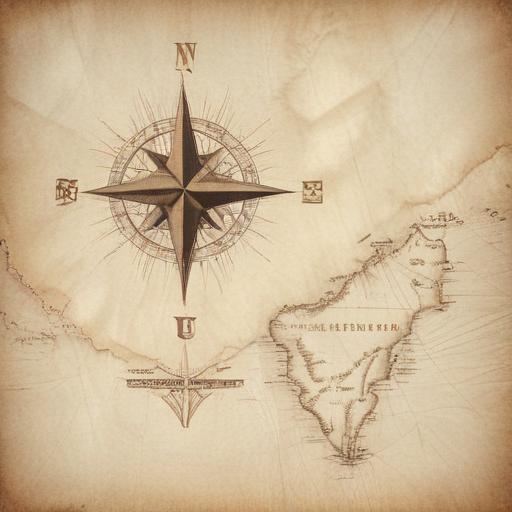The recent agreement between the United Kingdom and Mauritius to transfer sovereignty over the Chagos Archipelago marks a pivotal moment in post-colonial geopolitics. This move is seen by India as a significant step in completing Mauritius’s decolonization, and the implications extend beyond moral considerations to strategic interests in the Indian Ocean.
The Chagos Archipelago has been under British control since the 1960s when it was separated from Mauritius prior to the latter’s independence. The largest island, Diego Garcia, was leased to the United States, which established a major military base there. For years, this issue has been central to Mauritius’s decolonization narrative and was supported by international law and the United Nations. India has consistently backed Mauritius, viewing this as both a matter of principle and a strategic opportunity.
India’s historical ties with Mauritius run deep, with approximately 70% of the Mauritian population of Indian origin, fostering strong diplomatic, economic, and cultural connections. The Indian government has made substantial investments in Mauritius, including infrastructure projects like the Metro and the new Supreme Court building, along with military engagement on Agalega Island to enhance connectivity and strategic monitoring capabilities.
As China extends its influence in the Indian Ocean through its Belt and Road Initiative and other strategic partnerships, India’s support for Mauritius becomes increasingly important. China’s presence in Mauritius, marked by the signing of a Free Trade Agreement in 2019, poses challenges for India as it bolsters its own strategic footholds in the region.
With the potential for Mauritius to gain control over the Chagos Islands, India stands to benefit by enhancing its maritime security and domain awareness, as well as establishing a collaborative defense framework with the US. However, India must navigate the complex dynamics of regional relations, ensuring that it respects local sentiments, particularly concerning the displaced Chagossian population.
While the transfer of sovereignty could be advantageous for India, careful diplomacy will be required to balance relations with China and honor the historical grievances of the Chagossians. This shift presents both opportunities and challenges, but it fundamentally reshapes the strategic landscape of the Indian Ocean.
